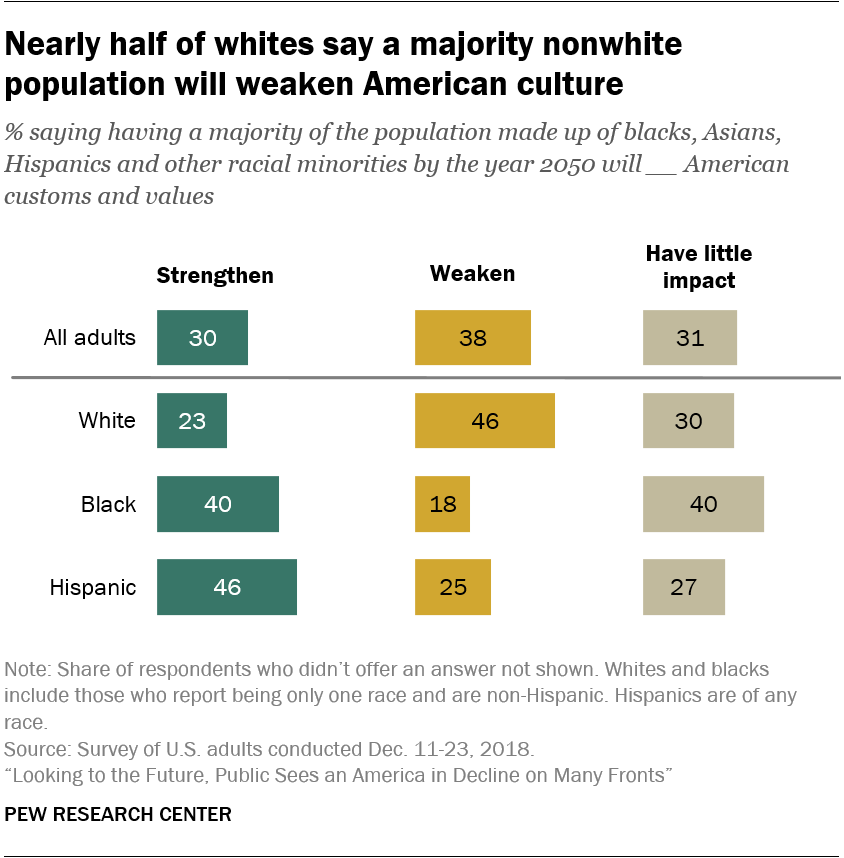In late October 2017, Jared Kushner, President Trump’s son-in-law and Middle East adviser, dropped into Saudi Arabia for an unannounced visit to the desert retreat of Crown Prince Mohammed bin Salman, who was in the process of consolidating his power. The two men talked privately late into the night.
Just a day earlier, Mr. Kushner’s younger brother, Josh, then 32, was flying out of the kingdom.
Jared came to talk policy, but Josh was there on business.
The founder of an eight-year-old venture capital firm, Josh Kushner had spent the three days before his brother’s arrival at an investor conference, where Prince Mohammed had promised to spend billions of dollars on a high-tech future for Saudi Arabia.
As others sat through speeches in a gilded conference hall, several participants said, the younger Mr. Kushner frequently ducked out for more exclusive conversations with Saudi officials.
Some government ethics lawyers say those conversations — never hidden, but not previously reported — create the appearance of a potential conflict of interest. Although Jared Kushner severed his ties with his brother’s company and divested his interest in his brother’s funds around the time he entered the White House, he was nonetheless discussing American policy with the rulers of the kingdom at virtually the same time that his brother was talking business with their top aides.
A spokesman for Josh Kushner’s firm, Thrive Capital, said that it was not in a formal fund-raising period at the time of the conference. A year later, however, the company raised $1 billion. And two people who spoke with Josh Kushner at the conference said he had been actively promoting a health insurance start-up he founded in 2012, Oscar Health, which five months later announced a fresh $165 million round of financing.
A spokesman for Josh Kushner said the management of Oscar Health knew of no direct investment by Saudis. But the spokesman, Jesse Derris, declined to disclose whether Saudis had invested in any Thrive funds. Mr. Derris said only that Thrive had received no money since the presidential election from any Saudi who had not previously invested in its funds.
“Out of an abundance of caution, Thrive instituted a policy shortly after the 2016 election to prohibit investments from new foreign investors with business in front of the current administration,” Mr. Derris said in a statement. “It has abided by that prohibition.”
Jared Kushner appears to have been closely involved in Josh’s venture capital firm, having sat on the board and investment committees of Thrive Capital until January 2017, his financial disclosure forms show.
He also received at least $8.2 million in capital gains from various Thrive funds while working in the White House, according to a financial disclosure form filed in May 2018.
… Kathleen Clark, an expert on government ethics and a law professor at Washington University in St. Louis, said Saudi discussions with Josh Kushner raised issues for his brother.
“The timing looks bad, O.K., but the bigger issue is his brother’s business,” she said. “It is reasonable to question Jared Kushner’s ability to be impartial in dealing with the Saudis.”
But the bond between Jared Kushner, 38, and Prince Mohammed, 33, has drawn more scrutiny as the crown prince has displayed more aggression.
A week after the Kushners left the Saudi capital, Riyadh, Prince Mohammed ordered the extrajudicial detention of about 200 businessmen and former officials in a Ritz-Carlton hotel, some of whom were evidently tortured. He was also behind the bizarre kidnapping of Lebanon’s prime minister. And months later, he directed the arrests and, according to relatives, torture of prominent women’s rights advocates.
Then, last October, his agents killed and dismembered the Washington Post columnist Jamal Khashoggi inside a consulate in Istanbul — on the orders of Prince Mohammed, American intelligence agencies concluded.
The crown prince has led a four-year military intervention in Yemen that has brought on a humanitarian catastrophe with no end in sight. At the same time, he has sown division among American allies in the region by trying to isolate Qatar over policy disagreements.
Jared Kushner, though, has steadfastly supported the prince.
From the start of the administration, Mr. Kushner has argued persistently that Prince Mohammed can become a vital ally, especially in bringing the Palestinians into agreement with a promised American peace plan. He pushed past the objections of cabinet members and senior officials to persuade Mr. Trump to visit Saudi Arabia on his first trip abroad as president.
And even after a bipartisan backlash over the killing of Mr. Khashoggi, Mr. Kushner argued successfully that Mr. Trump should stand by the prince. Last month, the White House defied a congressional deadline for a report from Mr. Trump about who directed the killing, sidestepping pressure to acknowledge the intelligence findings about Prince Mohammed’s role.
Professor Clark said that ethics laws could require Jared Kushner to recuse himself from White House deliberations about the response to those congressional demands or other specific proceedings involving the Saudis.
Not long after the congressional deadline expired, Jared Kushner flew to Riyadh for his first face-to-face meeting with Prince Mohammed since Mr. Khashoggi’s death.
Josh Kushner, however, has largely escaped the scrutiny that has fallen on the Trump administration, in part because he kept his distance. He stepped away from the family business to found his venture capital firm, and he is a Democrat who has said he voted against Mr. Trump despite the family connection.
… the Riyadh conference drew Wall Street titans, and some attendees questioned how a relatively small player enjoyed high-level access to Saudi officials. On a list of the top 100 venture capitalists compiled by the trade publication CB Insights in collaboration with The New York Times, Josh Kushner appeared for the first time in 2018, entering at 99.
Trump and his family disguise their lies by using weaselly language. Once caught, they can say, “I never actually said what you thought I said – so technically I didn’t lie.” We see a perfect example here. Josh Kushner’s spokesman said his company “received no money since the presidential election from any Saudi who had not previously invested in its funds.” If you aren’t parsing every word, it would be easy to walk away from that statement thinking, “OK so no new Saudi money is being invested in the company.” But wait, the company could actually receive unlimited funds from any Saudi who had already invested. All the company needs to do in order to claim “we told the truth” is to keep funneling money through a Saudi or Saudis who invested previously – if one Saudi invested one dollar before the election and then invested millions today that would meet their “ethical” criteria. To me, the way Trump, Kushner & Company twist language is the same as telling a lie. 




 .
.
